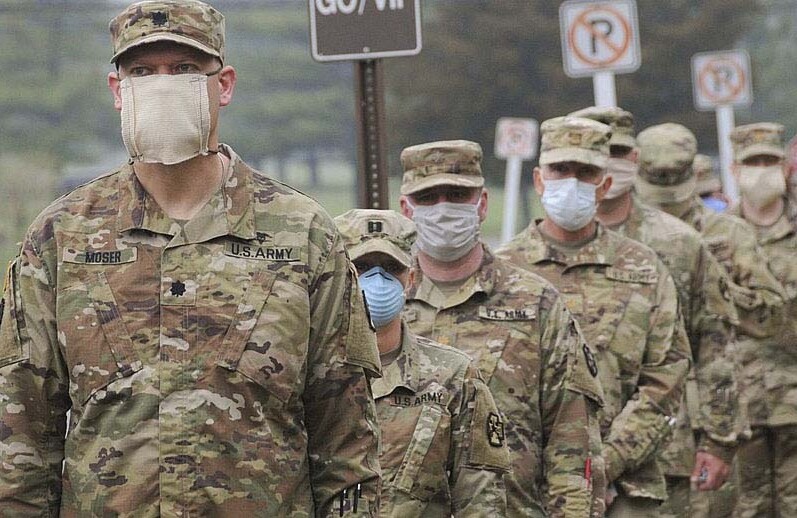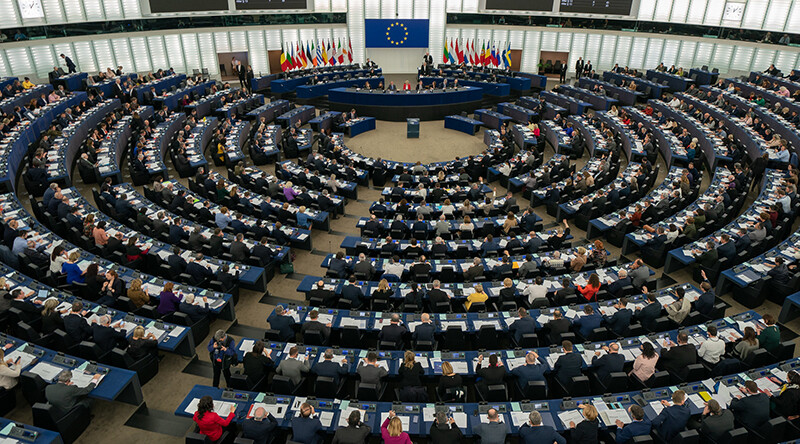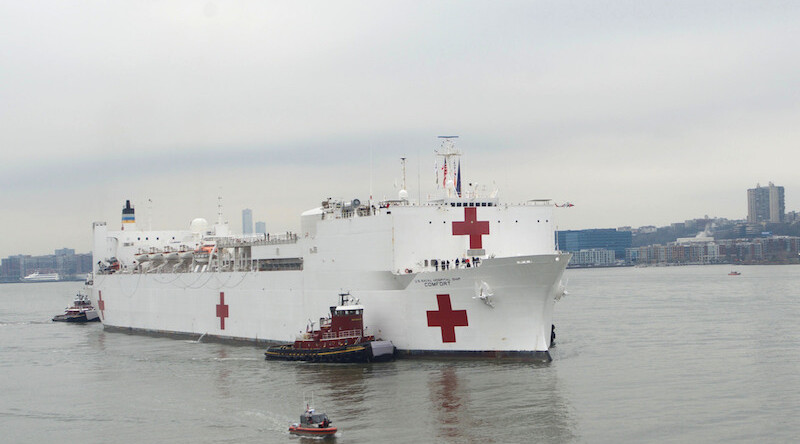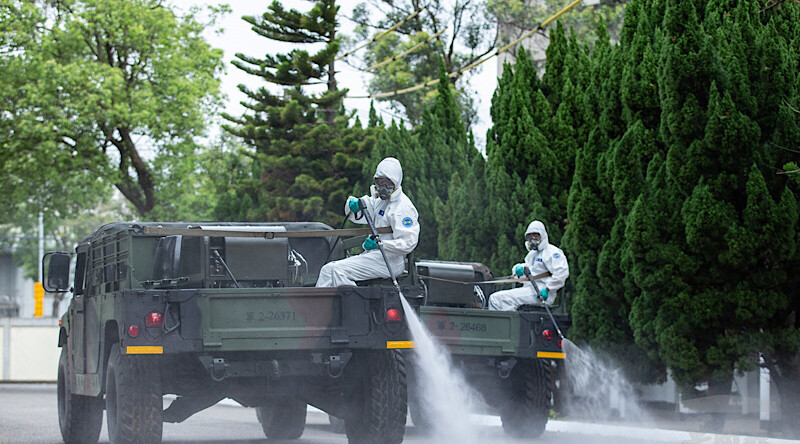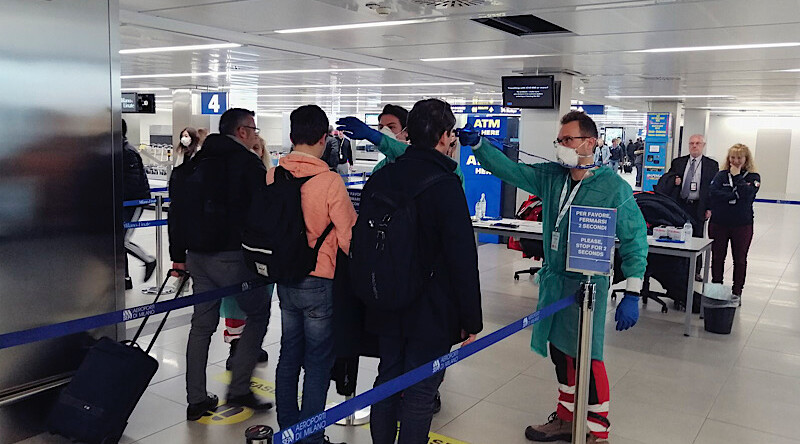This article first appeared on the Ethics & International Affairs blog.
Building on an earlier piece in Ethics & International Affairs on the erosion of international solidarity in a time of pandemic, Carnegie Council held a webinar this past week to explore the question of dissolving ethics at a time when globalization is fracturing.
A point raised in that discussion:
My sense is that when you damage the ethic of solidarity it's not that you can't reconcile, but you have opened up the possibility for countries and populations to say: "The last time we had a problem others did not have our backs. Therefore, we should be more concerned and reticent to so quickly offer aid in the future, or maybe that aid isn't dependable, so we shouldn't prepare or expect our partners to be able to do that," and you begin to erode those bonds. It's like termites working their way through the frame of a house. They begin to undermine it, and then perhaps that house isn't as stable for the future.
Looking at what's happening with the fracturing of the Euro-Atlantic community; those fractures are there. They have opened up. This doesn't mean that they're irreparable, that they can't be patched over, that you can't go in and put in some sealant and try to put the structure back together again, but the cracks have opened up. They have weakened that tie of solidarity.
And then tying it to narratives about U.S. foreign policy:
It may align with a narrative as we've started to see in the 2016 and in the 2020 campaigns—we don’t know the extent to which Joe Biden will or will not embrace this, but certainly a number of his Democratic competitors for the nomination were talking about retrenching, pulling back, and creating a more digestible international grouping of countries that wasn't 194 countries of the world all coming together—if we're going to see that kind of pressure in the years ahead and whether or not this decoupling or partial decoupling with China becomes a point of bipartisan agreement. The Josh Rogin piece that we cited in Ethics & International Affairs last week—if that becomes a bipartisan point in the United States that we are going to decouple a bit with China, not disconnect but decouple a bit, then that leads to your point that more dense networks with a smaller set of countries and parts of the world that we are less connected to.
Now, we have a major essay by Nicholas Eberstadt about what a "new normal" in world affairs looks like in the aftermath of the COVID-19 pandemic.
He brings up the solidarity question:
Thus, the post-pandemic world will have no choice but to contend at last with a problem long in the making: the awful dilemma of global integration without solidarity. China is deeply interlinked with every APEC-plus-India economy and with those of the rest of the world as well. Chinese interests are likewise deeply embedded in much of the institutional apparatus that has evolved to facilitate international cooperation. How will the rest of the countries in the international community manage to protect their interests (including health security interests, but by no means limited to this alone) in such a world?
He also ties it to questions of narrative:
If U.S. leaders wanted to generate broad-based domestic support for Pax Americana, they need to devise a formula for generating prosperity for all. Such an agenda, of course, would win on its own merits, with or without an eye toward international security. Absent such a credible agenda, popular support for U.S. international leadership could prove increasingly open to question in the post-pandemic United States. The peril that declining domestic U.S. support poses to the current global order should not be minimized. If or when Pax Americana is destroyed, its demise may be due not to threats from without but rather to pressures from within.
What remains to be seen is whether we will see an effort to develop and promulgate such a narrative over the course of the presidential campaign.
